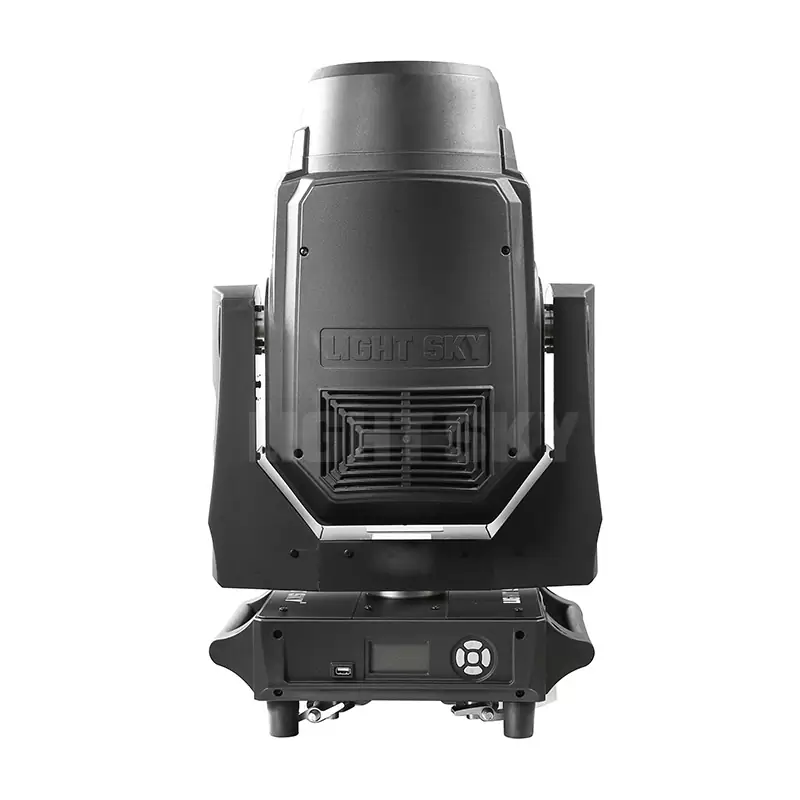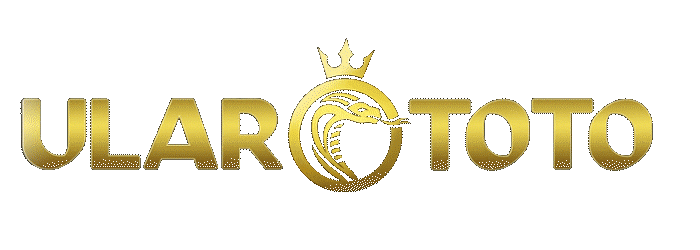Top 10 Tips For Supporting And Advising PAT in Rugby It is important to differentiate between a...
Business
Artificial Intelligence(AI) is quickly transforming the health care industry, offering groundbreaking ceremony solutions that enhance affected role...
Artificial Intelligence(AI) is rapidly reshaping the planetary job commercialize, introducing both opportunities and challenges for workers across...
Imagine, if you will, a grand theatre stage, where emotions dance through the air like wisps of...



